Computation and Complexity in Economic Behavior and Organization
This book presents a model of computing and a measure of computational complexity which are intended to facilitate analysis of computations performed by people, machines, or a mixed system of people and machines. The model is designed to apply directly to models of economic theory, which typically involve continuous variables and smooth functions, without requiring analysis of approximations. The model permits analysis of the feasibility and complexity of the calculations required of economic agents in order for them to arrive at their decisions. The treatment contains applications of the model to game theory and economics, including comparison of the complexities of different solution concepts in certain bargaining games, and the trade-off between communication and computation in an example of an Edgeworth Box economy.
{{comment.content}}
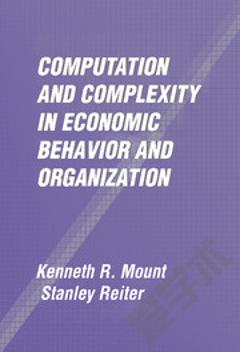

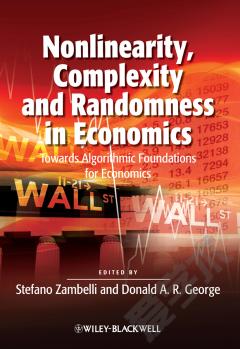
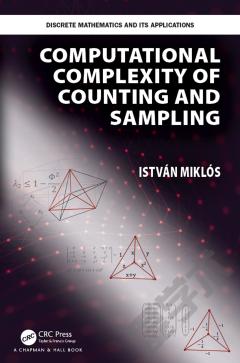
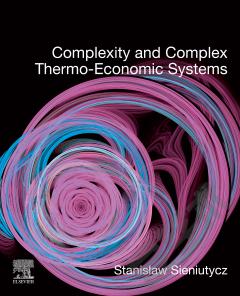
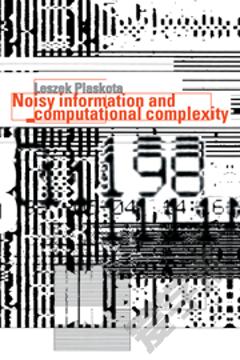


 京公网安备 11010802027623号
京公网安备 11010802027623号